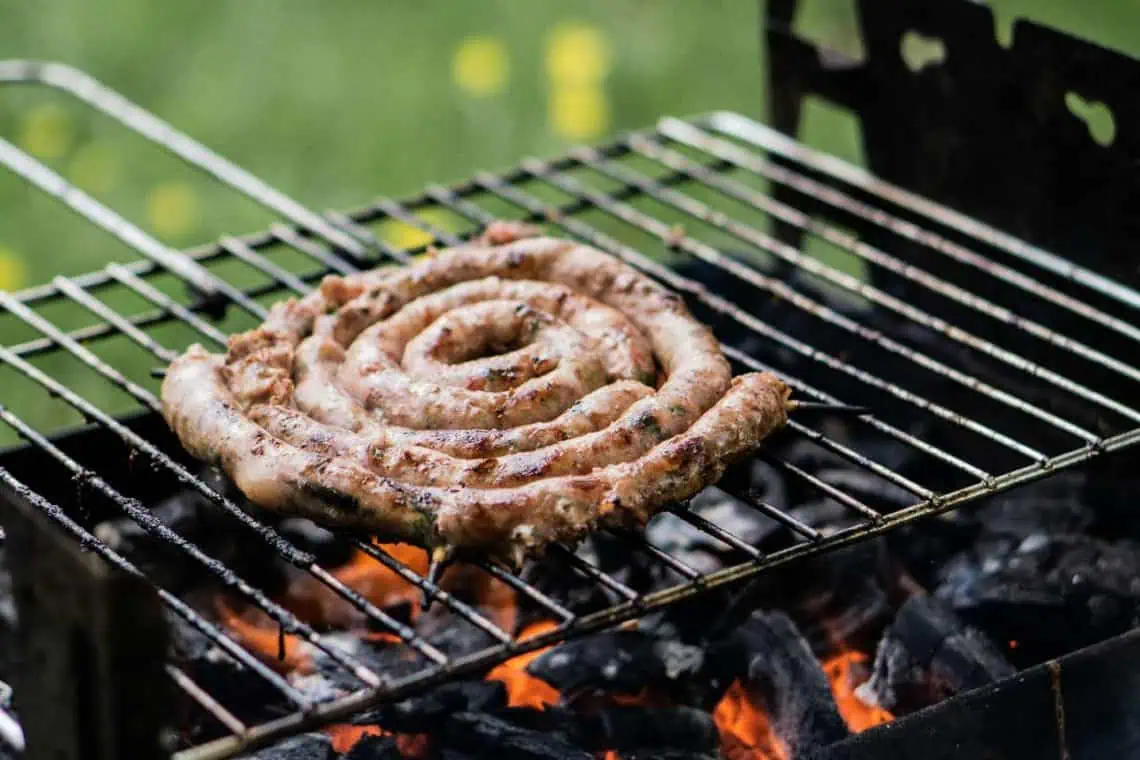On September 24, 2025, South Africans will once again ignite their braais for Heritage Day, the national holiday that celebrates the Rainbow Nation’s rich cultural tapestry. Fondly known as “Braai Day”, the occasion unites people around the fire—where the aroma of grilled meats and inventive dishes fills the air. In 2025 the braai is evolving: fusion cuisines, eco-conscious choices and community-driven celebrations now sit alongside the classics, reflecting a culinary tradition that borrows from indigenous, Dutch, Indian and Portuguese influences.
A Modern Twist on a Timeless Tradition
The braai—from the Afrikaans braaivleis—has roots in indigenous fire-cooking techniques used by Khoisan communities. Over centuries the practice absorbed new influences: iron grates from Dutch settlers, Cape Malay marinades, and the fiery touch of Portuguese peri‑peri. Today the braai remains a cultural touchstone, but in 2025 it also embraces sustainability and culinary innovation.
Innovators of the 2025 Braai
Chef Zandi Mbita of Cape Town is reimagining classics with a planet-first approach. Her vegan bobotie—lentils and mushrooms seasoned with turmeric, cumin and dried apricot—keeps the soul of the dish while offering a lower-impact alternative. “Heritage Day is about celebrating who we are, and that includes our planet,” she says.
In Johannesburg, Chef Thabo Phiri sources ethically farmed game—kudu and ostrich—from the Karoo. His signature kudu loin marinated with rooibos and rosemary nods to ancestral practices while prioritizing animal welfare and land stewardship. His pop-up braais in Soweto are celebrated for pairing smoky tradition with modern responsibility.
Social Media Sparks and Community Braais
Social platforms amplify braai trends nationwide. Influencer Luyanda Mafanya (@LuyandasKitchen) mixes peri‑peri prawns with naan and mango chutney and has sparked viral interest with plant-based sosaties made from jackfruit—fueling the #BraaiDay2025 conversation.
Community initiatives keep the tradition grounded. Khayelitsha’s Shisa Nyama Sundays build toward a Heritage Day celebration with live kwaito music, traditional dress and a dedicated green braai station offering eco-friendly charcoal and plant‑based dishes. In Sandton, the Urban Braai Fest appeals to younger and more cosmopolitan crowds with craft beer pairings and fusion items such as bobotie-stuffed braaibroodjies.
Voices of the People: What Heritage Day Means
- Lindiwe Mthembu, Durban teacher: “Braaiing on Heritage Day feels like home. My family makes sosaties with my gran’s Malay curry recipe—it’s our way of saying, ‘This is us.’”
- Pieter van Wyk, Stellenbosch farmer: “We braai venison from our land, using rooikrans wood. For us, it’s about respecting both heritage and the earth.”
- Naledi Kgosi, Soweto student: “Heritage Day is loud—music, laughter and the smell of boerewors. It’s where I feel most South African.”
These personal reflections underscore how the braai bridges cultural divides—an idea famously captured by Archbishop Desmond Tutu’s line: “Show me one South African who has never been to a braai.”
A Culinary Reflection of National Pride
Heritage Day 2025 positions the braai as both a guardian of tradition and a platform for innovation. Key trends include:
- Plant-based innovation that honours flavour while lowering environmental impact.
- Ethical game meat that reconnects with indigenous practices responsibly.
- Fusion dishes that celebrate cultural mixing and contemporary palates.
- Community braais that transform public spaces into sites of celebration and solidarity.
Whether in a Khayelitsha backyard or on a Sandton rooftop, the sizzle of the coals and the laughter of friends capture the spirit of the Rainbow Nation. As Chef Zandi Mbita says: “Heritage Day isn’t just about food—it’s about who we are, where we’ve been, and where we’re going, all shared over a fire.”
